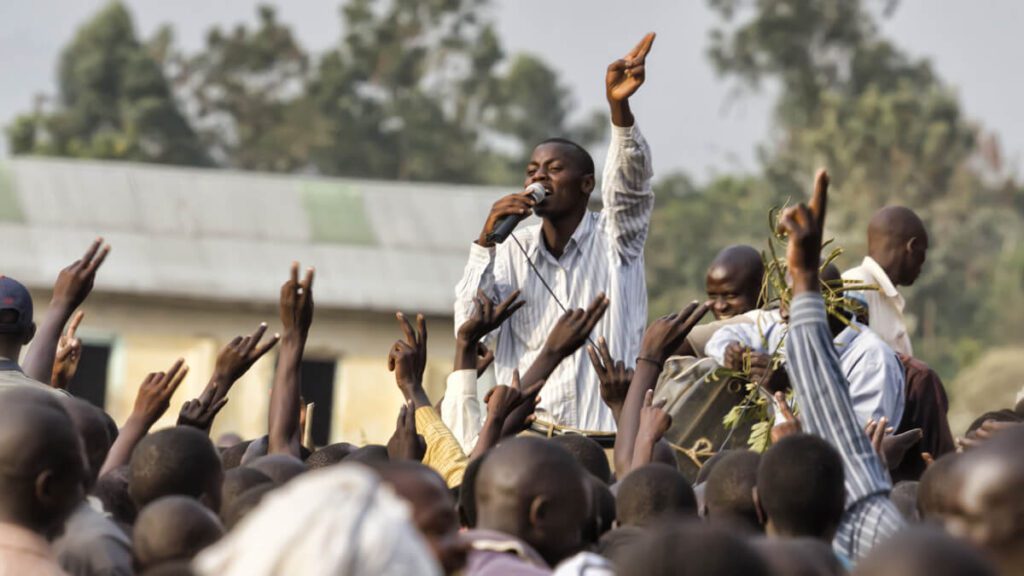
Uganda’s communications regulator has imposed a blanket ban on all social media and messaging apps since Wednesday until further notice, South African telecoms company MTN Group said in a statement.
Reuters confirmed it had seen a letter from the Ugandan communications regulator dated 12th January 2021 which ordered internet service providers to “immediately suspend any access and use, direct or otherwise, of all social media platforms and online messaging applications over your network until further notice.”
The social media ban comes on the eve of a tense presidential election, which sees long-time leader Yoweri Museveni go toe-to-toe with popular singer Bobi Wine (otherwise known as Robert Kyagulanyi Ssentamu).
According to Internet monitor NetBlocks, Ugandans faced difficulties accessing the Internet via mobile devices and wireless connection as of Wednesday, as the country entered its nationwide blackout from 7 p.m. (16:00 GMT).
“I can confirm that MTN Uganda and all Licensed Telecommunication Operators in the country have received a directive from Uganda Communications Commission (UCC) to implement a suspension of the operation of all internet Gateways and associated access points,” Nompilo Morafo, MTN’s group executive for corporate affairs told Reuters.
MTN Uganda (MTNU) is Uganda’s leading mobile operator with 60 percent of the market.
“MTNU will continue engaging with the relevant stakeholders to limit the duration of the service disruption,” Morafo added.
Reuters cited an anonymous source from Uganda’s telecoms sector as saying that the government had “made clear” to executives at telecoms firms that the ban was a retaliatory move after Facebook blocked access to certain accounts supporting the government.
Facebook confirmed on Monday that it blocked a network located in Uganda with apparent links to the country’s communications ministry for posting from fake and duplicate accounts.
“Any efforts to block online access to journalists or members of the public are unacceptable breaches of the right to information,” Global media watchdog The International Press Institute said in a statement regarding the Ugandan government’s blackout.
The upcoming election has been riddled with controversy, with the government violently cracking down on opposition rallies citing a breach in their COVID restrictions on large gatherings.
In parallel, supporters and various rights groups have accused the government of attempting to stifle Museveni’s opposition.
Wine has amassed a huge following within the country’s young electorate, where almost 80 percent of the population falls under the age of 30. Wine is aged 38, which is half Museveni’s 76 years.
President Museveni has been the country’s long-time president since seizing power as a guerilla back in 1986 and is widely credited to have stabilized the country following the bloody dictatorships of Milton Obote and Idi Amin.
Museveni, however, has long been accused of intimidating opposition candidates and supporters as well as rigging elections since his party – National Resistance Movement party – introduced them ten years into their reign.
The lead up to elections has been extremely violent to say the least, with 54 killed by police and military officers following protests that erupted back in November 2020 when Wine was arrested by authorities.
The popular singer has mainly relied on Facebook to cover his campaign and press conferences, as most local media outlets are state-owned, much of whom refusing to give Wine a platform.